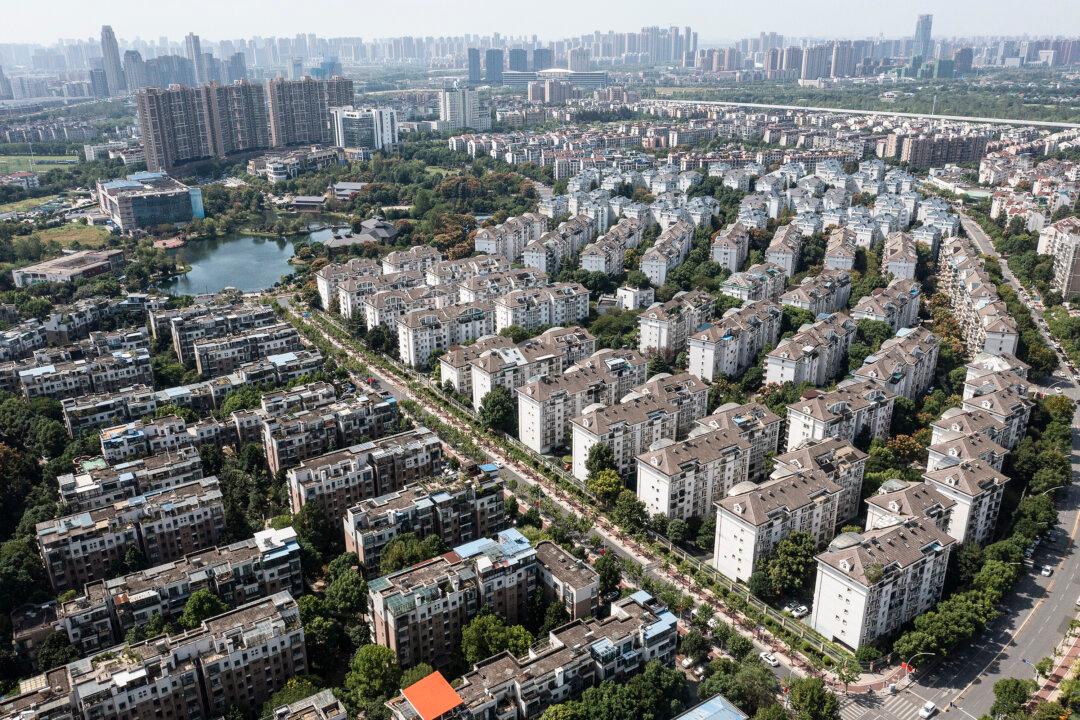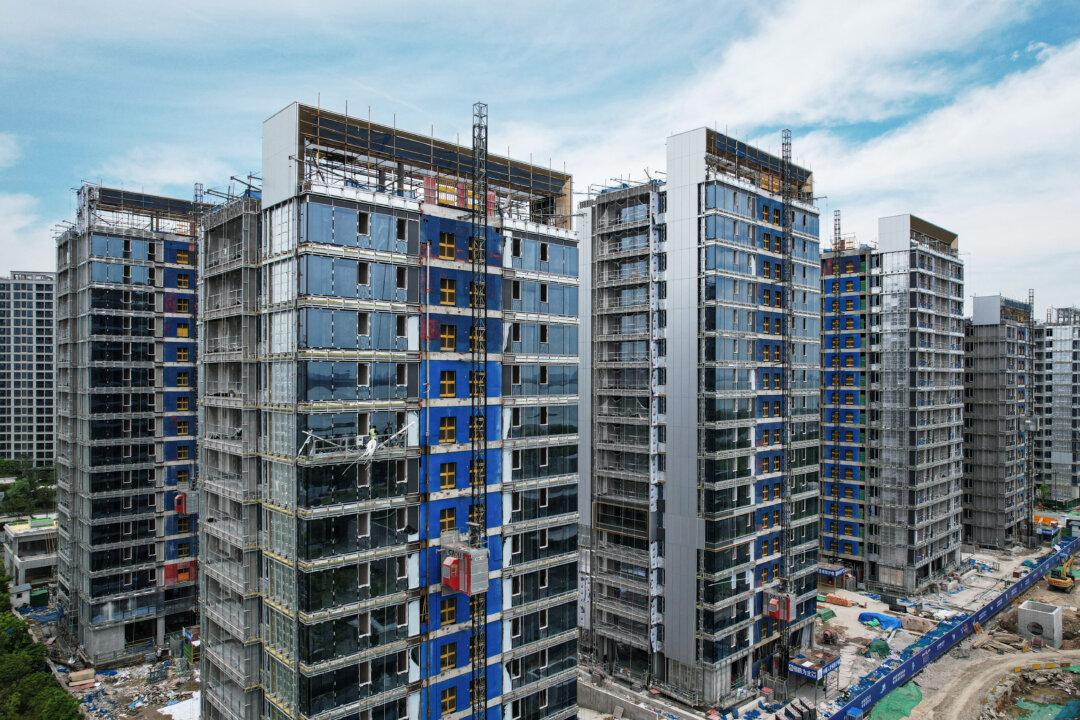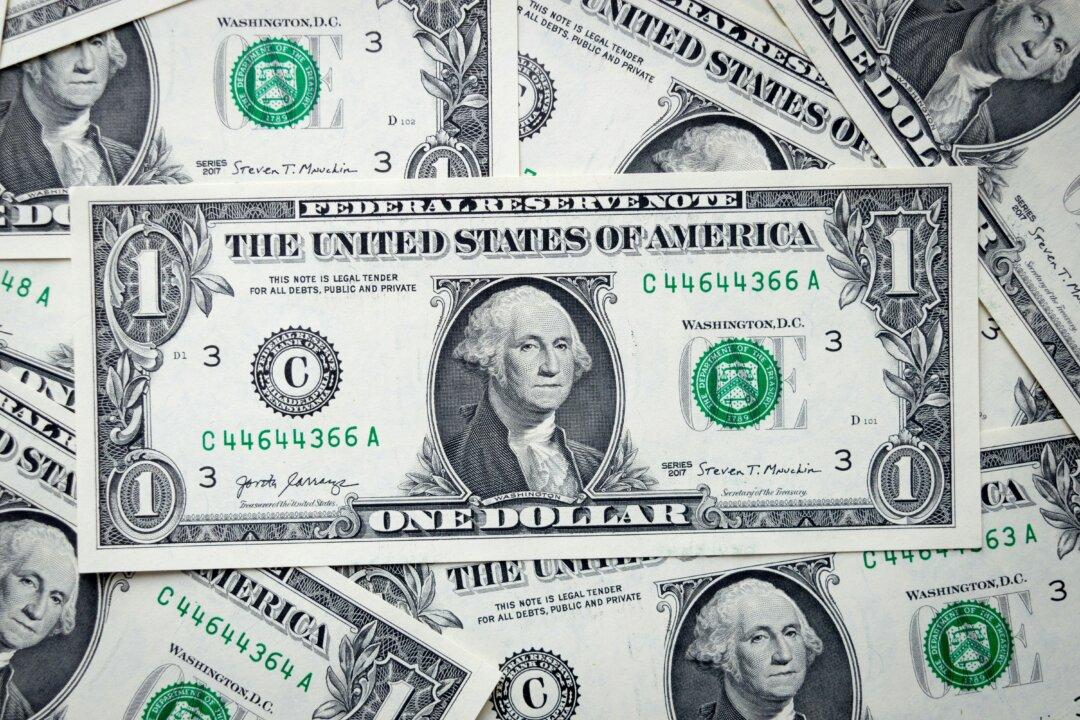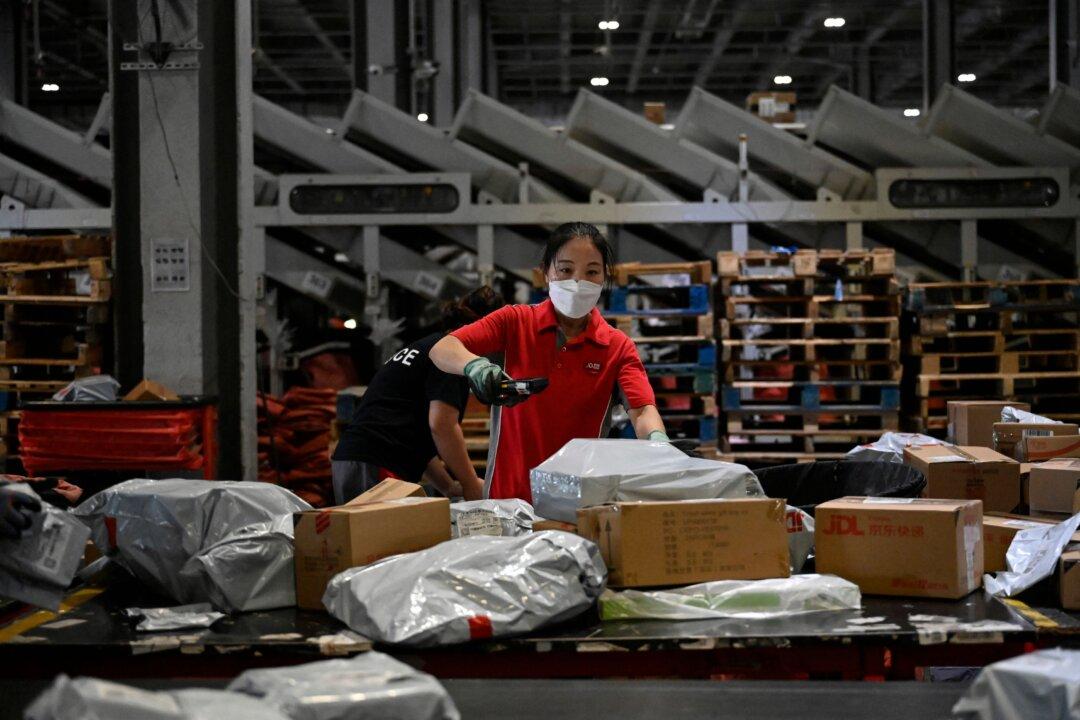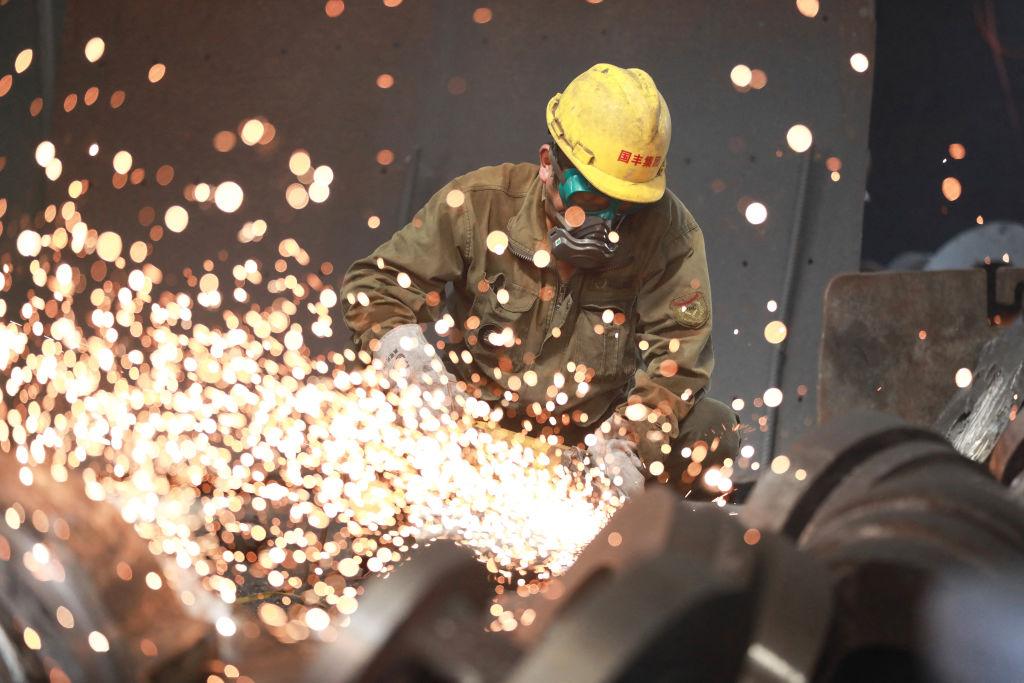News Analysis
The Evergrande Group’s winding-up order by a Hong Kong court on Jan. 29 could serve as a precedent to the restructuring required to clean up the excesses in the Chinese property market while protecting the interests of its foreign creditors, experts say.
